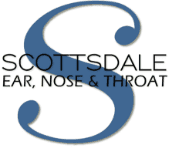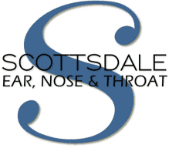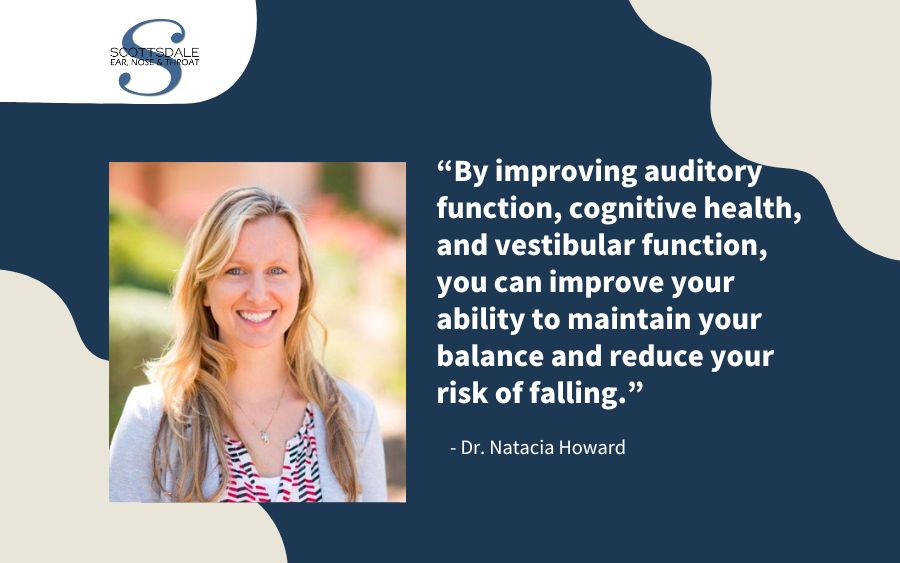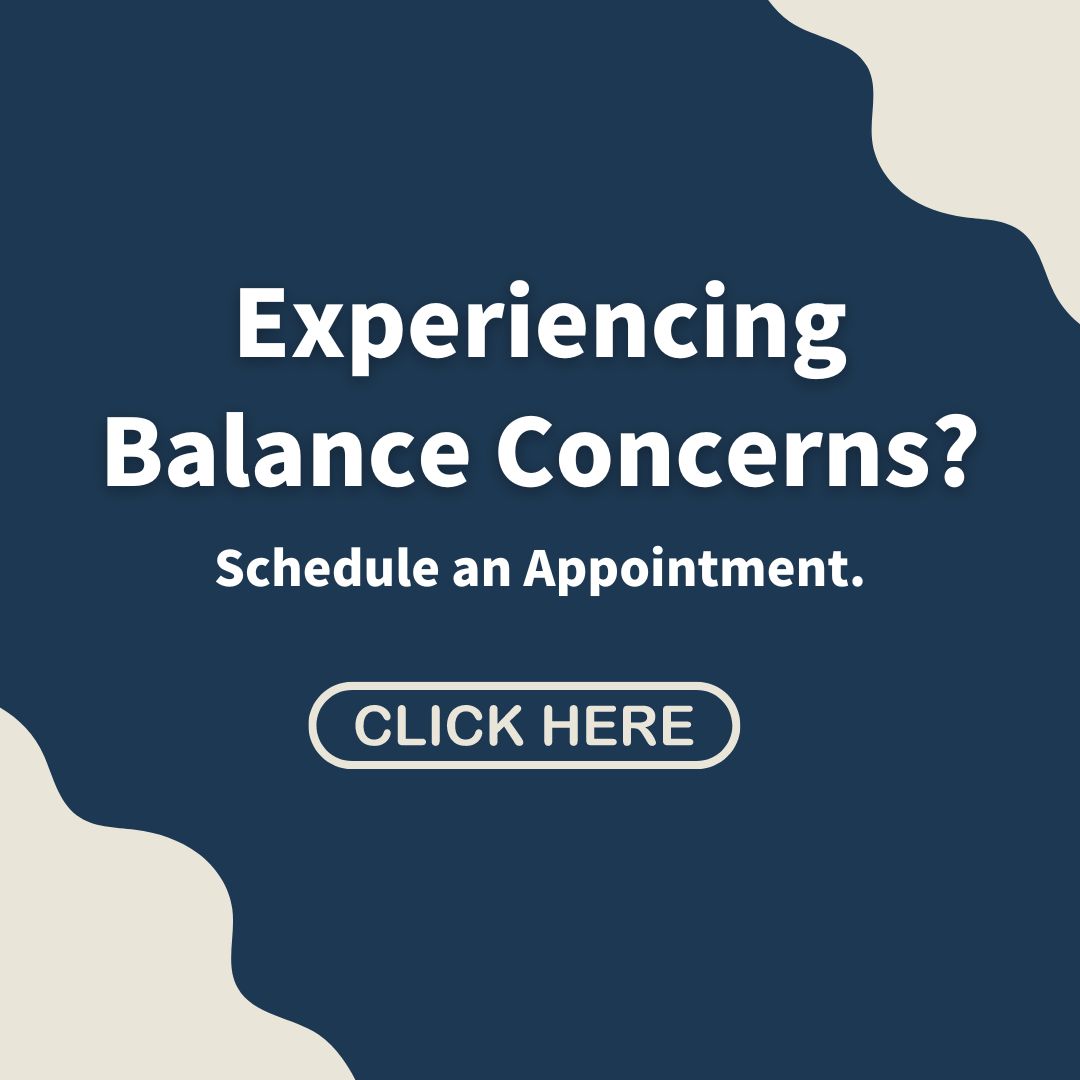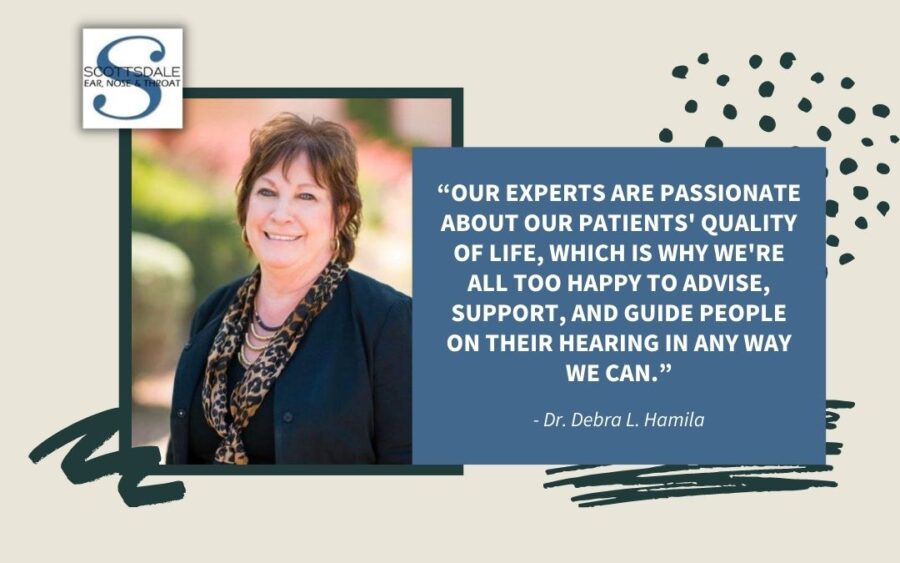Are you feeling unsteady on your feet? Do you have less confidence in your ability to navigate stairs or other uneven terrain?
The cause could be related to your hearing.
According to a study by Joseph Sakumura, Au.D., and Richard Gans, PhD, published in the Journal of the American Academy of Audiology, hearing loss places you at a greater risk of falling.
This is something you really need to pay attention to because the CDC estimates that falls are responsible for over 800,000 hospitalizations and more than 27,000 deaths each year in the United States.
3 Conditions That Increase Your Risk of Falls
The study is a multidisciplinary effort that explores the role of cognitive, vestibular, and auditory function in fall risk management. A quick summary of the study provides the level of risk for each of three conditions related to falls:
1. Hearing Loss
The risk of falls is 3x higher in those with a hearing loss than those with normal hearing.
2. Cognitive Impairment
Individuals with a mild cognitive impairment have 14x higher risk of falls due to degraded postural stability.
3. Vestibular Dysfunction
There is a 12x greater fall risk for individuals experiencing vestibular dysfunction.
The Impact of Hearing Loss on Cognitive Decline
While hearing loss appears to have the lowest risk of falls, you have to take into consideration its impact on cognitive decline, as pointed out by the study.
“Hearing loss is recognized as the number one modifiable risk factor for cognitive decline. Furthermore, patients with even mild cognitive impairment in domains of visuo-spatial processing, executive function, memory recall, and reaction times are 14 times more likely to have degraded postural stability and elevated fall risk.”
The authors of the study labeled hearing loss as the number one “modifiable” risk factor to cognitive decline, which means that addressing your hearing loss has a significant impact on reducing cognitive decline and in turn, reducing your risk of falls.
Your Ears and Vestibular Dysfunction
The study also notes that the vestibular system contributes 85% of the sensory information necessary to maintain equilibrium.
Your vestibular system involves hair-like cells located in the semicircular canals of the inner ear. As these tiny cells become damaged or degrade, you develop a permanent sensorineural hearing loss and they no longer provide the sensory information critical to helping you keep your balance.
Also, keep in mind that when there are additional negative health conditions affecting vision or somatosensory function, common in the older population, like peripheral neuropathy, glaucoma, and retinopathy, the risk is further amplified.
Hearing Loss and Balance Disorder Treatment Are Critical
In the study’s recommendations, there are two that stand out to us: treatment for hearing loss and balance rehabilitative therapy.
Hearing aids have been shown to improve both balance and cognitive function in a variety of studies. One such study was conducted at the City University of New York (CUNY) in 2021, which found “there is a possible improvement in balance and decrease in frequency of falls, particularly, for adults with hearing loss and concomitant vestibular loss.”
These findings back up a 2015 Washington State University study that showed that participants performed better in balance tests when their hearing aids were switched on, rather than off.
Sakumura and Gans also concluded that balance retraining protocols, like those included in vestibular rehabilitation therapy (VRT), which include strengthening and conditioning, recovery strategies, activities of daily living, and fall risk management, are also beneficial for helping reduce fall risk.
Hearing Evaluations and Balance Testing
By improving auditory function, cognitive health, and vestibular function, you can improve your ability to maintain yourr balance and reduce your risk of falling.
Hearing evaluations, hearing technology, balance testing, and vestibular rehabilitation therapy (VRT) are key elements in our advanced hearing healthcare philosophy at Scottsdale ENT.
If you or a loved one is concerned about your hearing, balance, or cognitive function, we are here to help. Click here to request a callback from a member of our team, or call us directly at (480) 684-1080.
